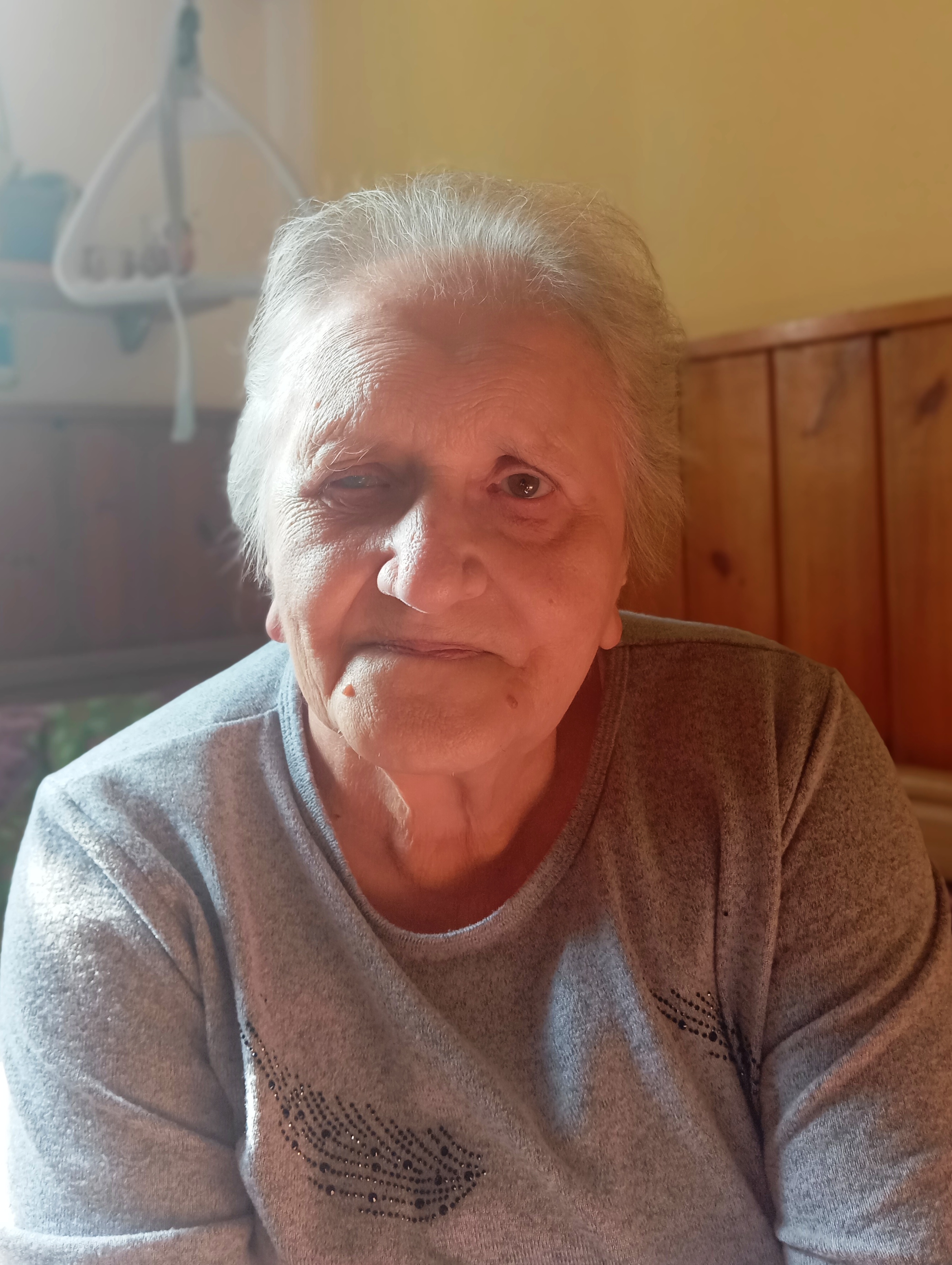She was sent to forced labour at the age of four

Download image
Alexandra Leskovjanová was born on 22 June 1941 in April in Volhynia. Her parents were Dimitry Timoshchuk and Anna, née Havlíčková. Her father was killed in the war and her mother, together with little Alexandra and her grandparents and aunt, were taken to the German Brandenburg region for forced labour. Anna had to pull out sleepers on the railway, her grandmother took care of war orphans in the house where Alexandra was also placed. Thanks to the fact that her mother eventually got a job as a housekeeper and nurse in a German family, where she was liked for her diligence and decency, she and Alexandra were able to go back to Volhynia at the end of the war - they went by train with drunken Soviet soldiers returning home. In 1946 Anna Timoshchukova died, the witness was then five years old and was taken in by her aunt Libuše Novotná and her husband Emil. Together, they left in 1947 as part of the repatriation to the then Czechoslovakia, where they bought a larger farm in Skorošice in the Jeseniky region after the displaced Sudeten Germans. Three years later they had to hand over their land and livestock to the local cooperative farm. Alexandra longed to study at the medical school, but instead, because of her poor cadre profile, she was sent to herd cows at the age of 15. Thanks to the support of her guardian, who handled legal matters for her, Alexandra was eventually able to study agriculture and then complete her apprenticeship as a cook. At the age of nineteen, she started working in the kitchen at the school in Bernartice, where she also met her future husband Ladislav Leskovjan. The family preserved their Christian faith and its practice throughout the Communist regime in Czechoslovakia. At the time of the interview, Alexandra Leskovjanová was living in the Home for the Elderly in Javorník.

